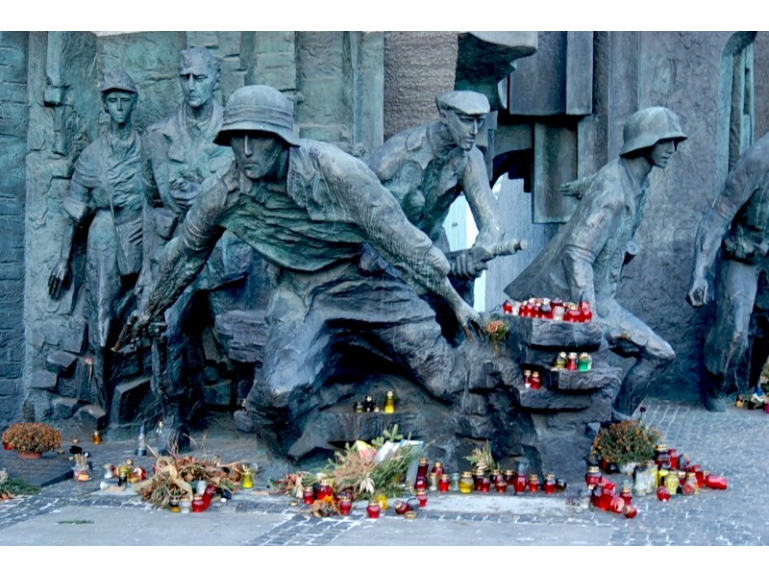Press-release on the 75th anniversary of the Warsaw Uprising on August 1, 1944
25.07.2019
Today in Poland every problem and failure in the past and the present of the country is being explained simply by the guilt of Russia. Ahead of the 75th anniversary of the catastrophe of the Warsaw Uprising in 1944, the Russian side would like to clarify some facts of this world history page.
The catastrophe was predictable. The Warsaw Uprising was launched against the Germans on August 1, 1944 by poorly-armed supporters of the Home Army (AK), led by the Polish government in exile in London which coincided with the establishment of the pro-Soviet interim government, Polish Committee for National Liberation (PKNO) in Lublin liberated by Red Army on July 22, 1994.
In the morning of August 1, 1944, the Germans tried to prevent the uprising by addressing to the citizens. On August 3, Russian Head of State and Commander in Chief I. Stalin bluntly declared that the uprising was "a hopeless matter." The British Prime Minister W. Churchill also shared this opinion. But politically anxious Poles sent tens of thousands to death. Rebels lost up to 17 thousand people with at least 100 thousand civilians killed and the city damaged.
In the infamous traditions of information wars the AK leaders began to accuse the Red Army of their failures since August 2, 1944, when Moscow allegedly stopped the troops near Warsaw on purpose although it had not even received official notification of the uprising beginning.
However, the main USSR strategic operation at that time was at the Yassko-Kishinev direction, which deprived Germany of Romanian oil and made Hitler’s defeat inevitable. The combat operations of the First Byelorussian Front in Poland was not stopped and caused to the loss of about 170 thousand soldiers and officers only in August-September 1944.
On August 9, 1944, Stalin declared that the Red Army units “would, of course, overcome the resistance of the Germans and liberate Warsaw, but this would take time.” The Soviet troops first failed to hold the bridgehead on the left bank of Vistula River with the Nazis finally defeated only on January 18, 1945.
The Warsaw Uprising showed that any “emigrant government” in conditions of major wars could survive only by following the rules of the game of the future winners in the war. During the Second World War, there were indeed positive examples of this kind C. de Gaulle for France or E. Benech for Czechoslovakia, who returned to his country as president in 1945. But politicians who replace real concern for sovereignty with information wars have no chance to succeed.
The Embassy of the Russian Federation in the Republic of Botswana

